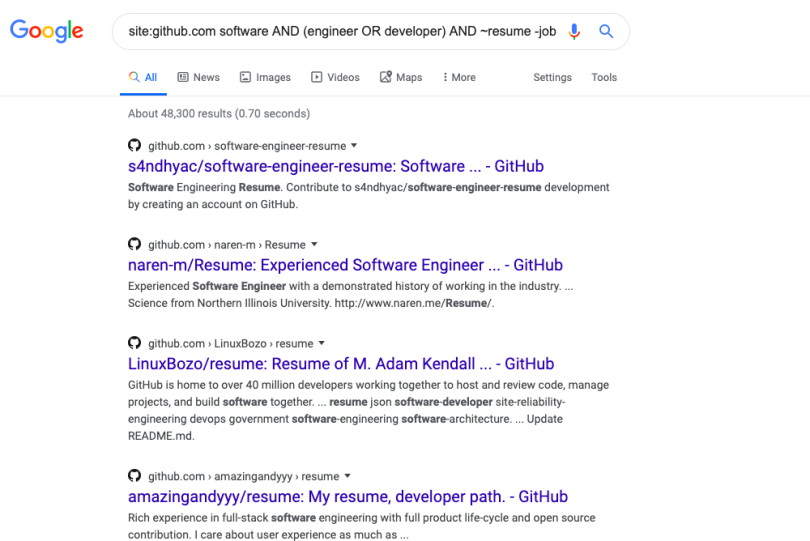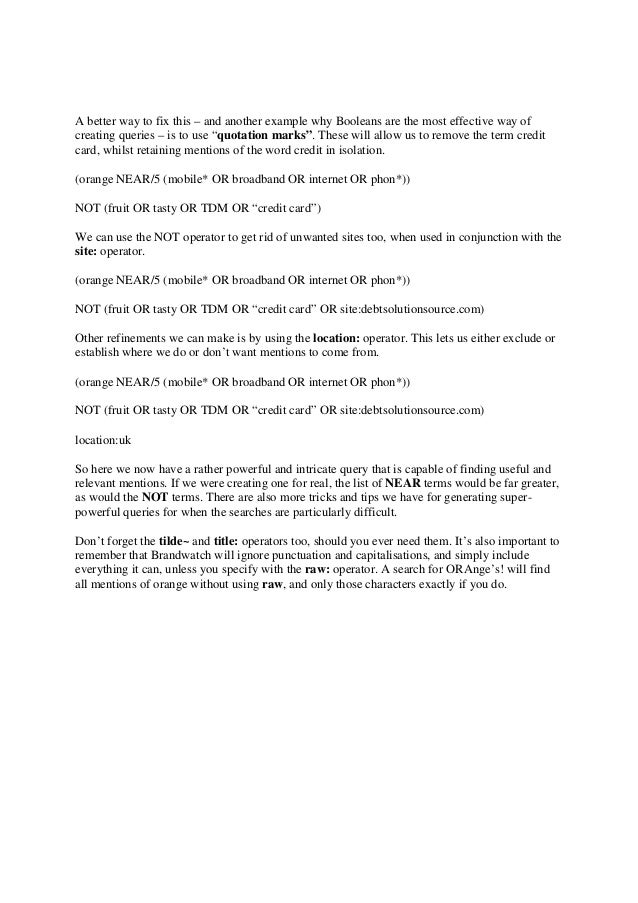

Search for information about a specific page or website. Search for pages linking to a particular domain or URL. Search for posts with certain words in the title in Google’s discontinued Blog Search. Same as inpostauthor:, but removes the need for quotes. Search for posts by a specific author in the discontinued Google Blog Search. Search for results mentioning an exact word or phrase. Not working (officially dropped by Google) Search operator Search for results from a particular date range. Search for pages with two words or phrases within X words of one another.įind news from a certain location in Google News. Search for pages with backlinks containing multiple words in their anchor text. Search for pages with backlinks containing specific anchor text. You can also use the _ operator, which acts as a wildcard in Google Autocomplete. Search for results from after a particular date. Search for results from before a particular date. Search for results from a particular source in Google News. Search for stock information for a ticker. Search for pages with multiple words in their content. Search for pages with a particular word in their content. Search for pages with multiple words in the URL. Search for pages with a particular word in the URL. Search for pages with multiple words in the title tag. Search for pages with a particular word in the title tag. Search for sites related to a given domain. Search for results from a particular website. Search for particular types of files (e.g., PDF). Search for the definition of a word or phrase. Search for results that don’t mention a word or phrase. Search for results that mention a word or phrase. Here’s the full list: Working Search operator


Searches within parentheses are performed first and operations proceed from left to right. The order in which the operations (AND, OR, NOT) are processed can vary between systems. Use parentheses ( ) to separate keywords when you are using more than one operator and three or more keywords. Nesting, or mixing the Boolean operators, is a way to combine several search statements into one comprehensive search statement. For example, you could search multi-infarct dementia by using Dementia NOT Alzheimer's.īut be careful using this because you would eliminate records discussing both types of dementia, as all articles discussing Alzheimer's are eliminated. The final Boolean operator NOT allows you to exclude concepts not relevant to your search. The more concepts or keywords you OR together, the more records you will retrieve. For example, kidney disease OR renal diseases will retrieve citations using either (or both) terms. This expands your search by retrieving citations in which either or both terms appear. The Boolean operator OR allows you to broaden a concept and include synonyms. The more concepts you AND together, the fewer records you will retrieve. For example: "Does taking aspirin cause Reye's Syndrome in children?" This will retrieve citations that discuss all three concepts in each article. When terms/concepts are combined with the AND operator, retrieved records must contain all the terms. (The shading represents the outcome of the Boolean operation.) The circle diagrams that help illustrate the relationships between the sets used in Boolean logic were named after another mathematician, John Venn.


 0 kommentar(er)
0 kommentar(er)
